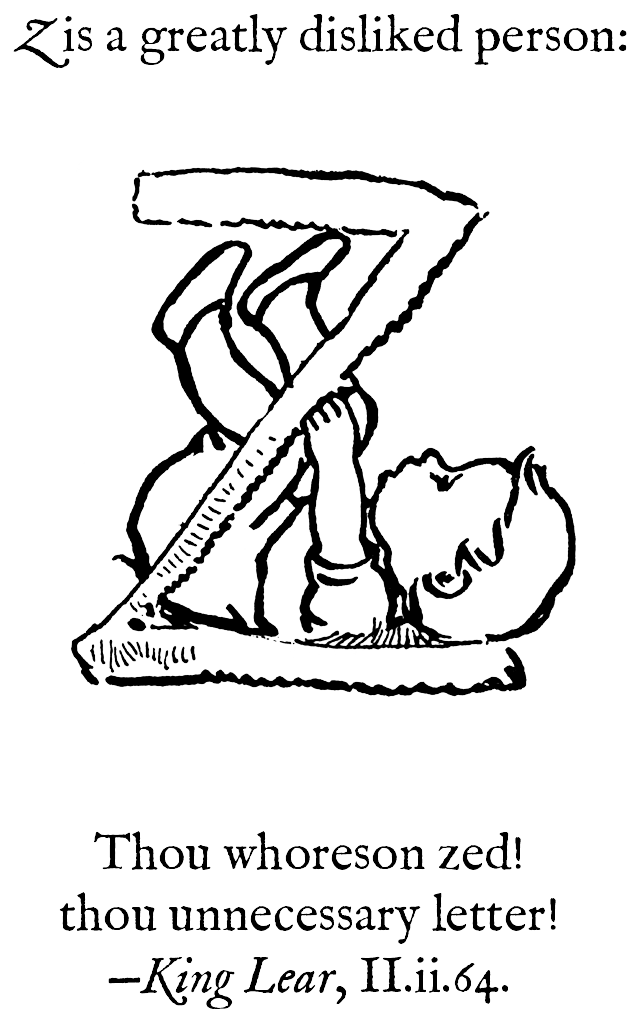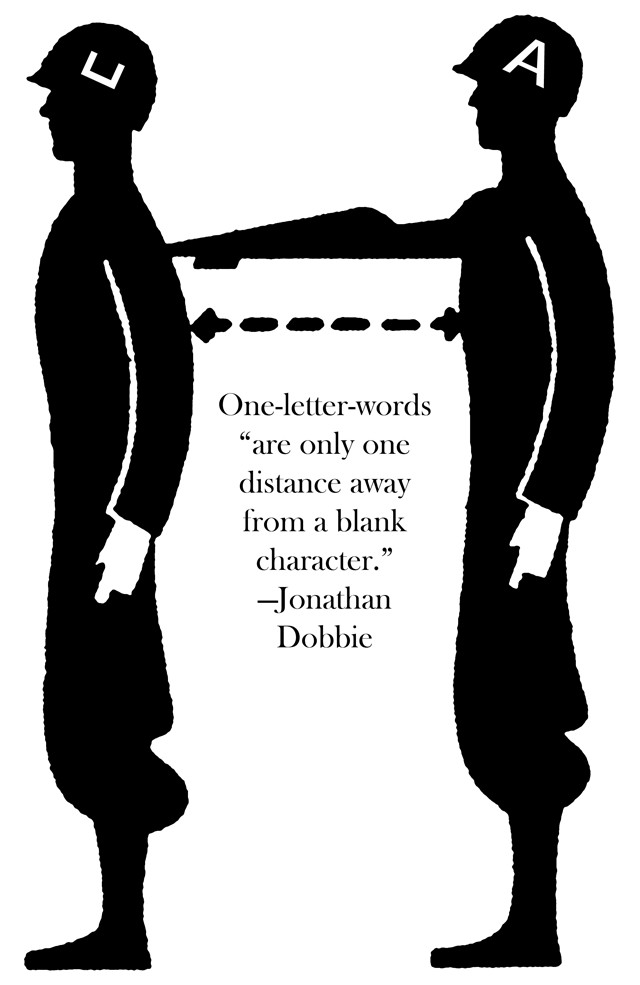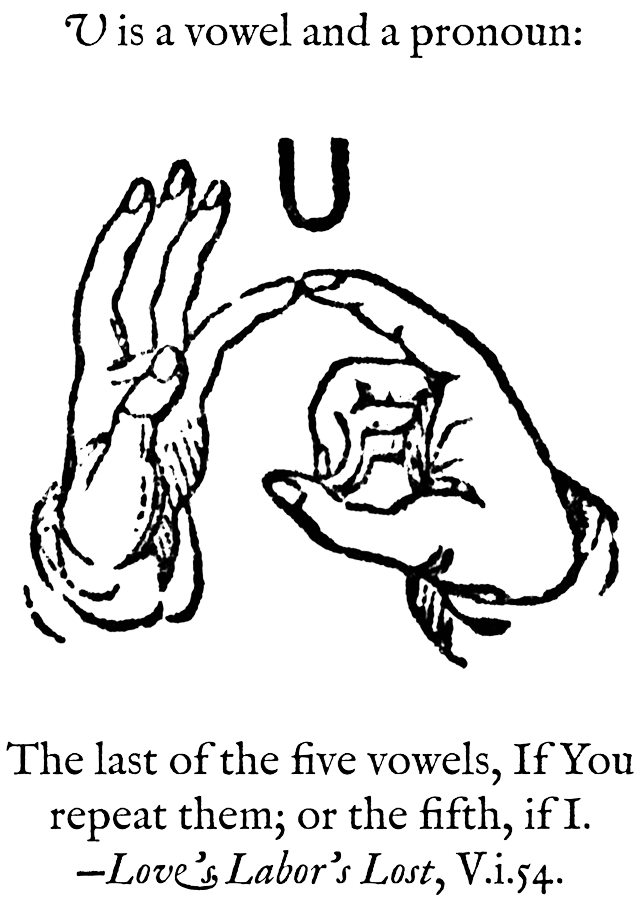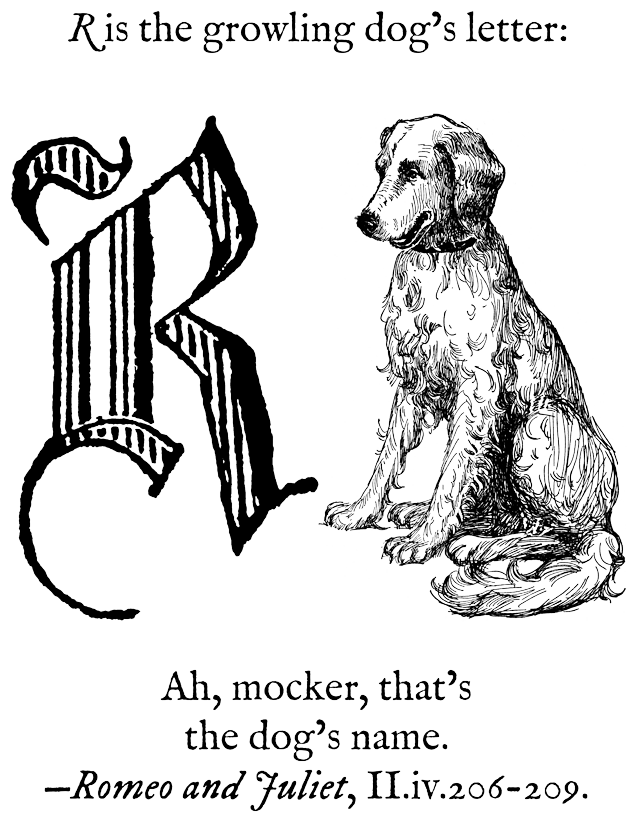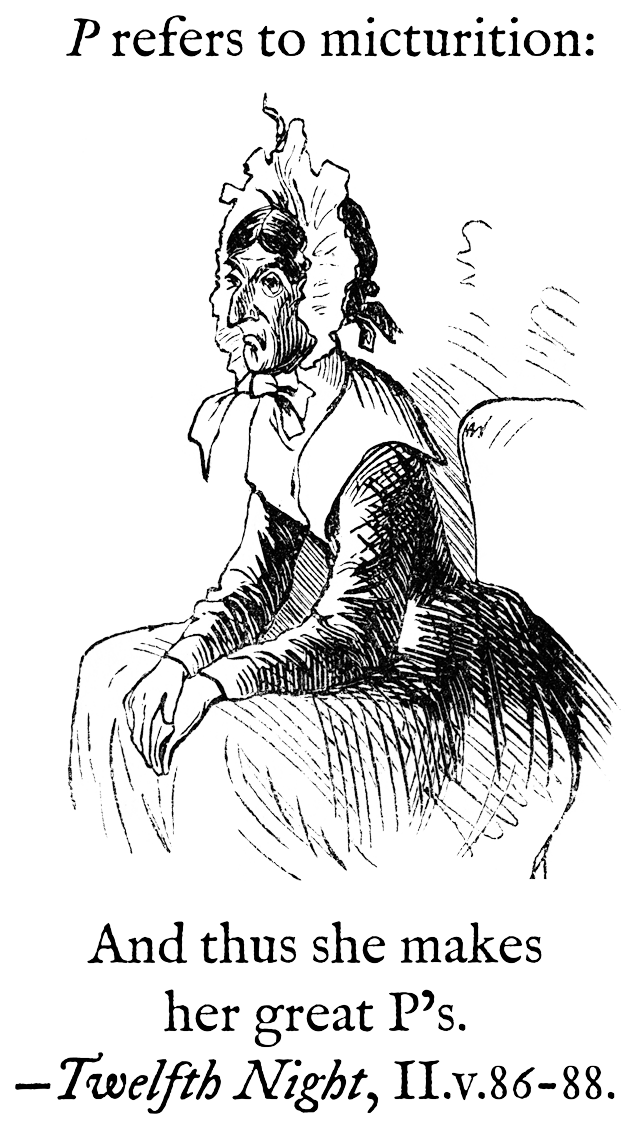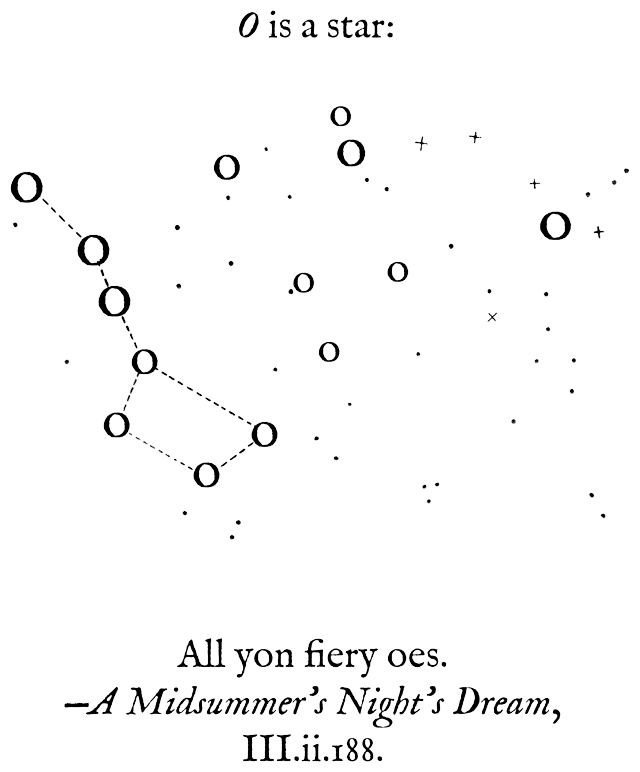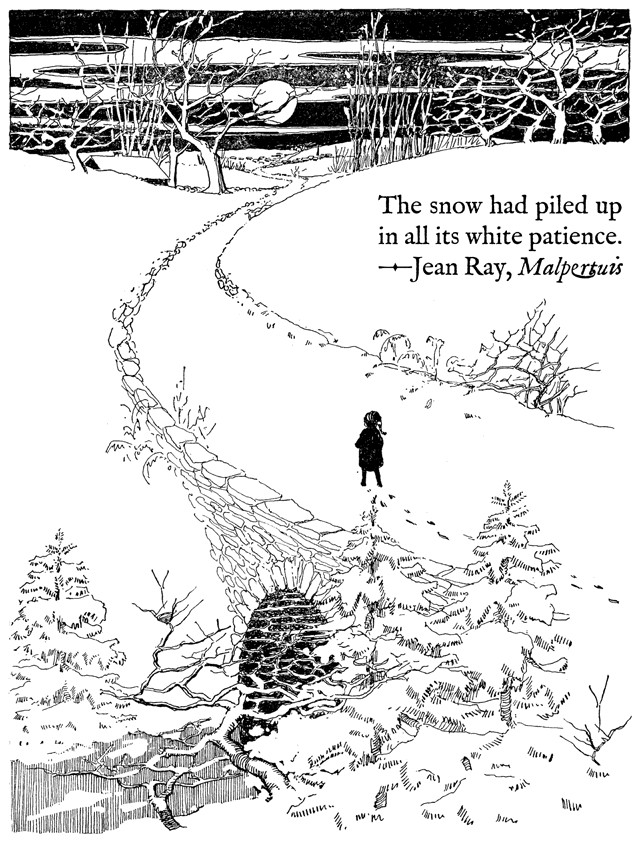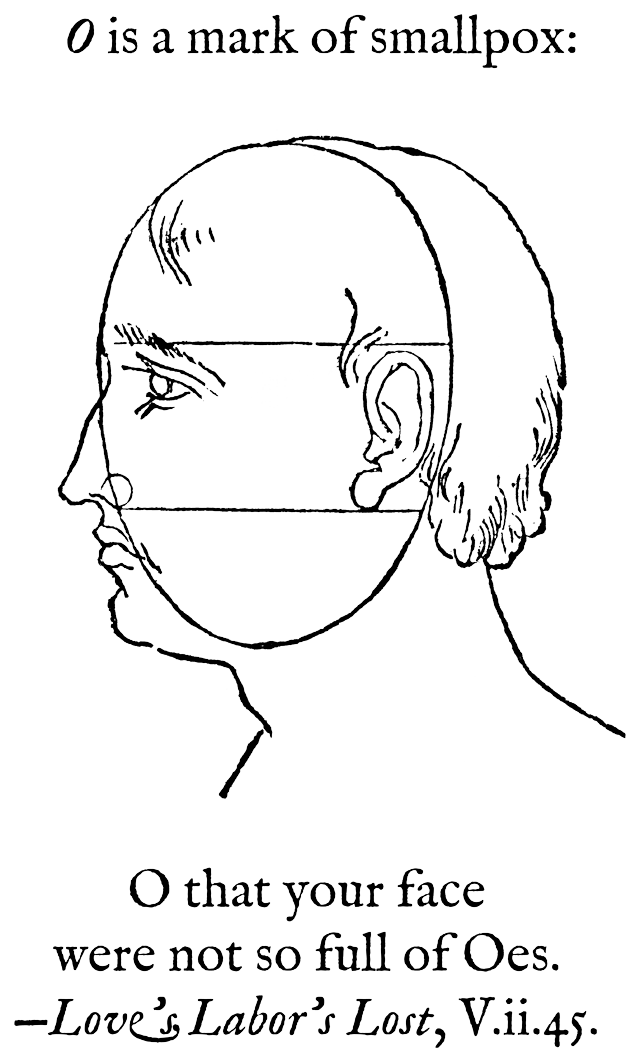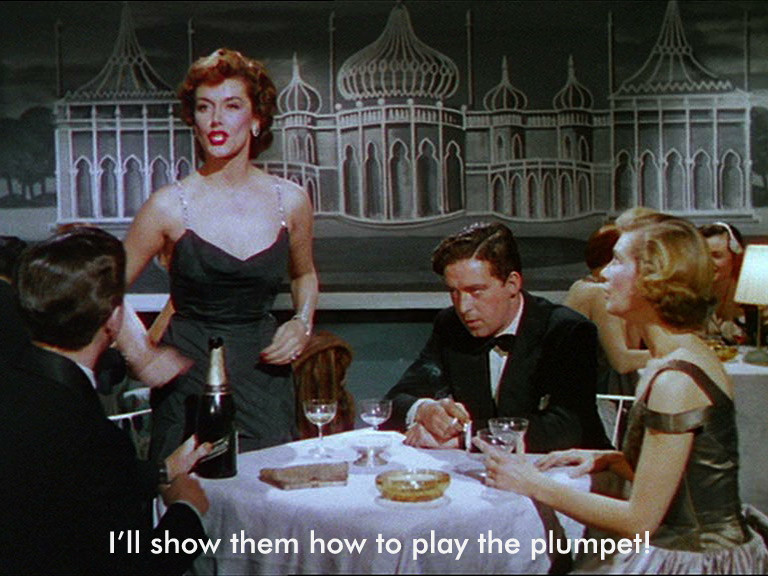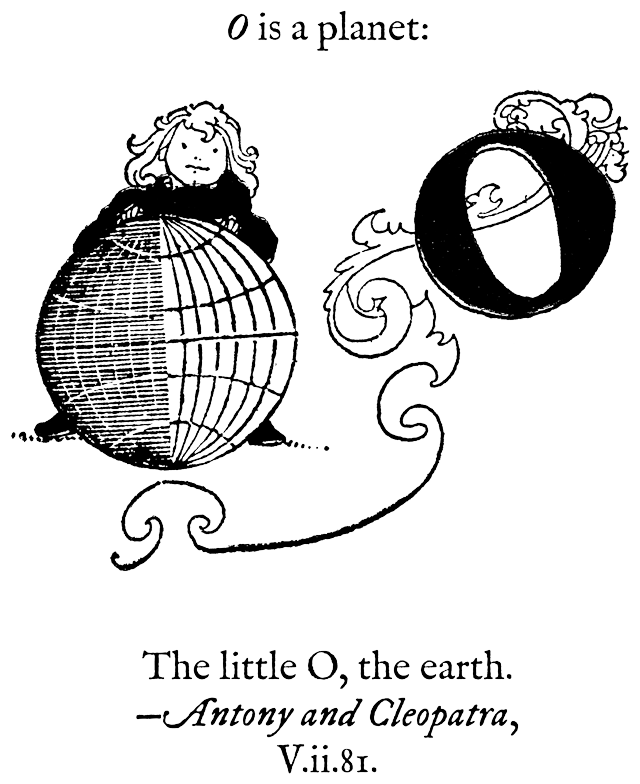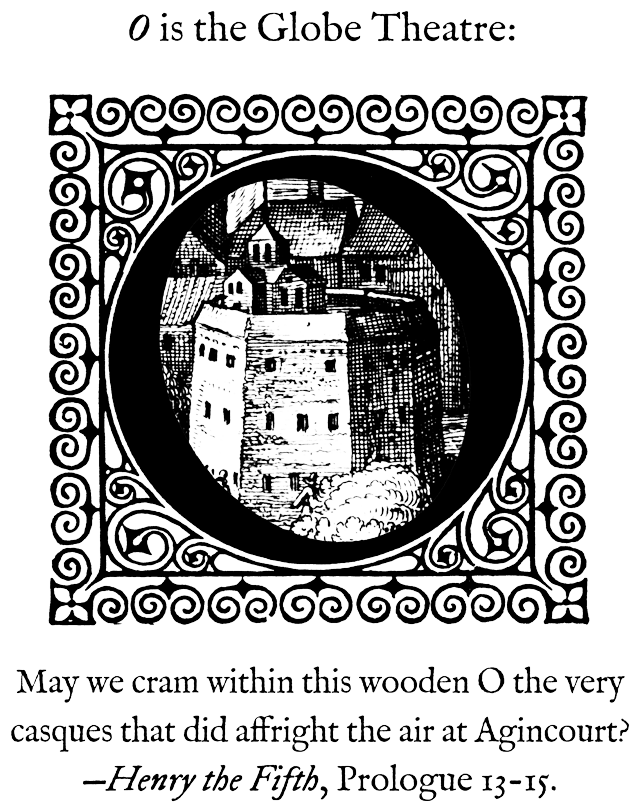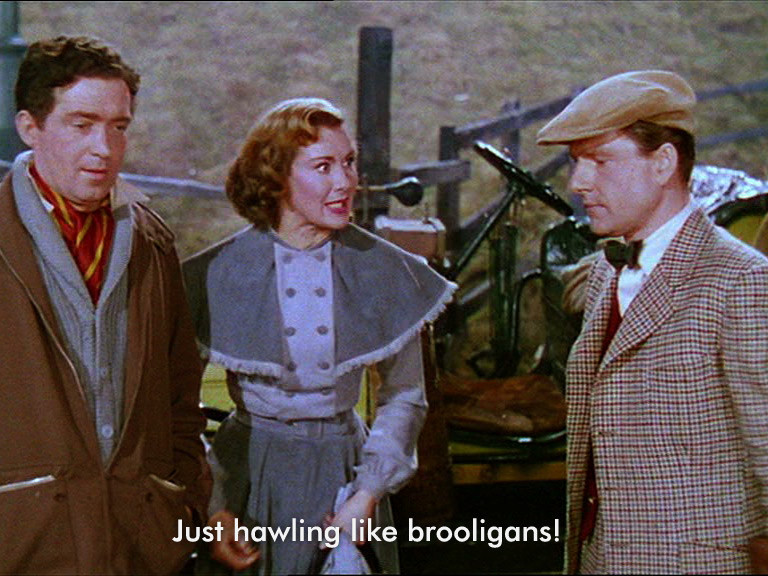The shortest novel is seldom read but at intervals.
—Henry James Pye
Read six books today from our collection of the shortest novels ever written. (We've illustrated them in your honor.)
 Snakes in Ireland
Snakes in Irelandby Margaret Deland
There are no snakes in Ireland.
 The Dinosaur
The Dinosaurby Augusto Monterroso
When he awoke, the dinosaur was still there.
 Englewood Entropy
Englewood Entropyby Anonymous
Dr. Blanton Tufford, a Stanford University physics professor who studied the structure of the universe, was killed on Sunday when a car crashed into the Englewood, N.J., coffee shop where he was sitting.
 Untitled
Untitledattributed to Ernest Hemingway
For sale: baby shoes, never worn.
 Untitled
Untitledby Alfred Charles Richard
Coughfing [sic], coffin!
 Knock
Knockby Fredric Brown
The last man on Earth sat alone in a room. There was a knock on the door.
Also:
An unusual love story emerges from two entries in Kent County, Maryland Marriage License records. On April 22, 1797, both Jogn Lewin and Robert Curry took out licenses to marry Jane Bird. A note by the clerk on the page on which the records were made, just under Curry's name, says, "Curry was successful." Here is a whole two-volume romance condensed in two names and dates, and a sentence of three words. Probably the shortest novel ever written. (source:
Pioneer Pathfinder, 1985)
See also:
http://www.hillarydepiano.com/2006/11/01/the-shortest-novels-ever-written/



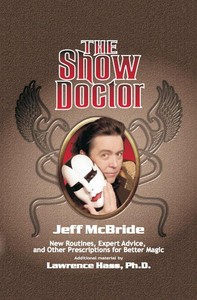
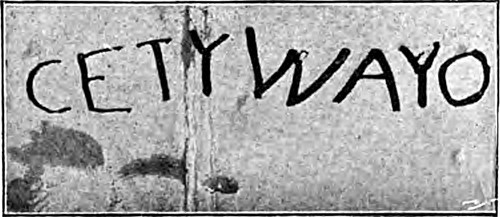
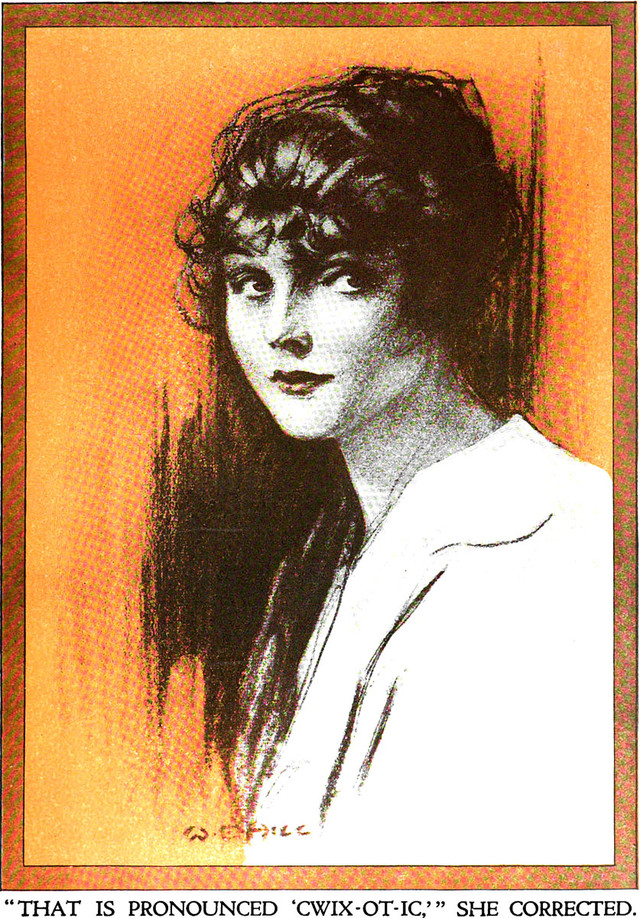
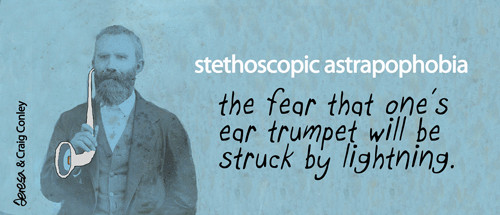

 The Dinosaur
The Dinosaur Englewood Entropy
Englewood Entropy Untitled
Untitled Untitled
Untitled Knock
Knock